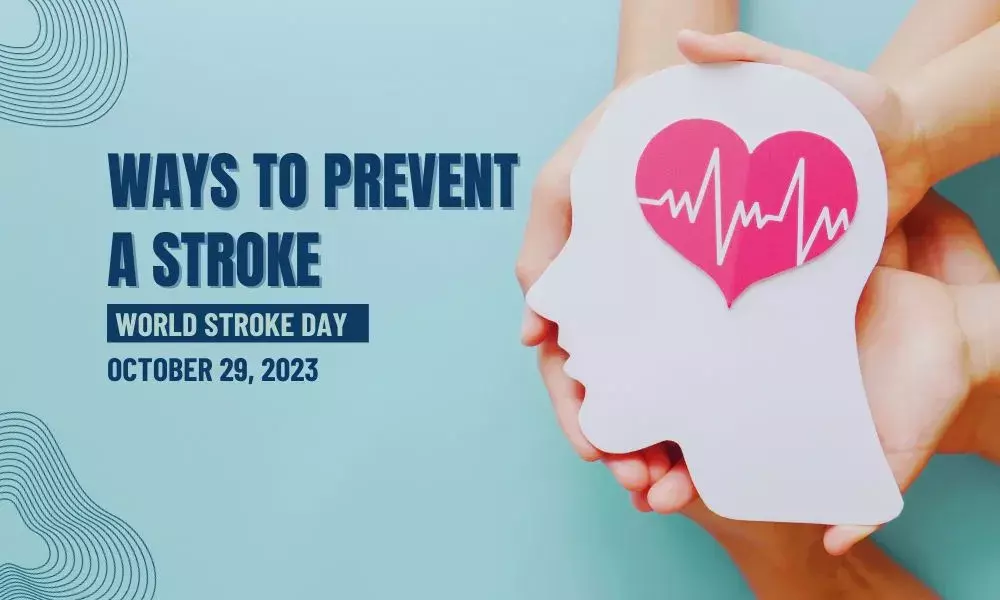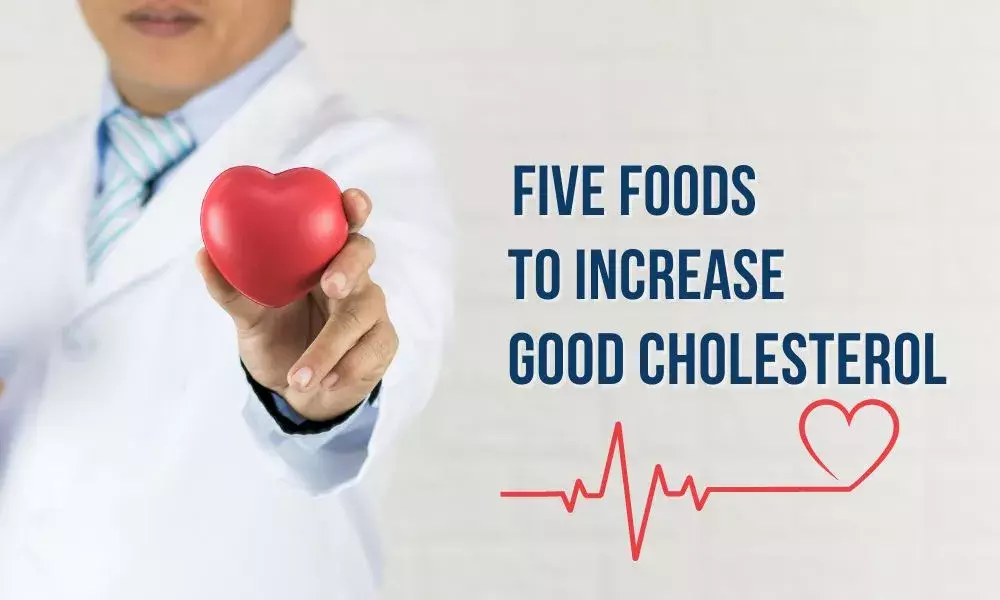Stroke, also called a brain attack, is one of the leading causes of disability and has been recognized as the second leading cause of death worldwide.
Table of Contents:
-
What is a Stroke?
-
World Stroke Day 2023
-
Identifying warning signs
-
Ways to Prevent a Stroke
What is a Stroke and its signs?
Stroke often refers to a condition in which the blood supply to the brain is stopped suddenly due to some blockage in the blood vessels.
It can be a blockage or sudden burst of a blood vessel. Mainly, blood vessel blockage occurs for several reasons over a gradual period.
The signs of stroke are weakness or numbness in the face, arms, and legs, trouble speaking, sudden confusion, dizziness, difficulty understanding speech, loss of balance, and trouble walking.
The effects of stroke can be permanent or temporary depending on the extent of damage to the brain, causing death or long-term disability of body parts.
World Stroke Day 2023
World Stroke Day is celebrated every year on the 29th of October to raise awareness about strokes and their prevention.
World Stroke Day theme for this year is “Together we are Greater Than Stroke.” This implies that with greater awareness and quick action, we can reduce the rate of stroke affecting millions of lives worldwide.
Identifying warning signs
To identify the warning signs of a stroke without wasting any time, one must remember to think BE FAST.
-
B: One must be alert about sudden loss of balance.
-
E: Eyes may sometimes pass on some vital clue, too! Look for sudden loss of vision in both eyes or one eye. Double vision or blurry vision can also be a warning sign.
-
F: A droop on one or both sides of the face while a person smile can be a sign of muscle weakness or paralysis.
-
A: While raising the arms, a person having a stroke will have a one-sided weakness. One arm will stay higher while the other will sag and drop downward. This is due to muscle weakness on one side.
-
S: During or before a stroke, a person may experience slur in their speech or have trouble choosing the right words. Strokes often cause a person to lose their ability to speak.
-
T: Time is critical. Stroke is an emergency. Every minute counts. Note the time when any of the symptoms first appear. If someone shows signs of any of the above, people should call the emergency services.
Ways to Prevent a Stroke
There are many things one can do to reduce your risk of having a stroke. While this does not mean preventing a stroke, it can lower the risk.
-
Avoid substance abuse and addiction: Habits like smoking and tobacco consumption, including vaping, recreational drug use, and alcohol, can all increase our risk of stroke. It is vital to stop these or never start them. Instead, practice a healthy lifestyle free from such substances.
-
Make healthy lifestyle choices: Eating a healthy balanced diet, staying physically active, controlling stress, and having sufficient sleep routine can improve our health and reduce the risk of a stroke.
-
Manage underlying health conditions: There are several conditions, such as sleep apnea, obesity, abnormal heart rhythms, high blood pressure, high cholesterol, or Type 2 diabetes, that can increase our risk of having a stroke. If an individual has one or more of these conditions, it is essential to manage them, especially by taking medications and timely treatment as prescribed by the doctor.
-
Health Checkup is a must: Yearly wellness visits can help detect health problems, especially ones that contribute to having a stroke.
A stroke is our brain’s version of a heart attack, making it a critical, life-threatening medical emergency. Strokes are also time-sensitive, and delays in care can lead to permanent brain damage and even death. Strokes can be frightening for those who experience them and those around the patient.
The treatment options for stroke are expanding daily thanks to technological leaps in imaging and new medications. If one notices the symptoms of a stroke in themselves or someone else, then immediate medical attention is critical. The faster a person having a stroke gets medical care, the more likely the effects of the stroke will be limited or even reversible.
Data Source: World Stroke Day 2022 (who.int)




